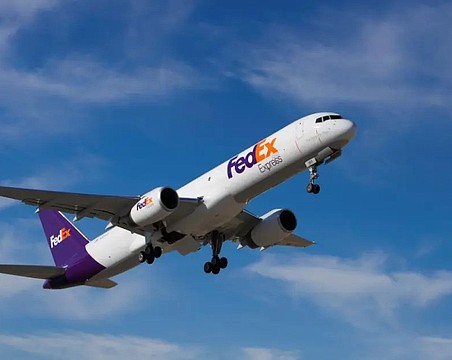Steve Ells, the founder of Chipotle, started Chipotle Mexican Grill with the mindset and goal of raising enough capital to open a full service restaurant. Originally, he wanted to open a Michelin rated restaurant, not the massive restaurant chain that occupied 2,250 locations by 2016. So, what happened and what can we learn from it?
Well, he opened the first Chipotle location in Denver with an $85,000 loan from his father. They calculated that they needed to sell 107 burritos a day to be profitable, and by the end of the first month, they were selling over 1,000 burritos a day.
The immediate success of Chipotle is the compelling evolution of two things: consumer preferences and businesses looking for creative ways to reduce overhead expense. I'll let the fans of Chipotle, Blaze Pizza, Panera Bread, etc... inform you on the consumer preferences part, and I will touch on the overhead expense.
How can fast casual and counter service concepts reduce overhead expense and maximize return?
1. The build-out cost is less expensive. I've analyzed 4,000 square foot restaurants with a build-out budget exceeding a million dollars. Most people are not capable of obtaining this kind of money. Fast casual alleviates the expectations for high quality finishes, instead consumers prefer the dollars saved to be represented in the quality of the food.
2. The space is smaller, which saves money on annual rent expense. Chipotle utilizes a counter-service concept, which promotes a more open space: open kitchens, community tables, etc... Open space causes the space to appear larger providing “more bang for the buck.” If the rent is $30 per sq. ft. and you are able to efficiently occupy 3,000 sq. ft. rather than 4,000 sq. ft., your net savings is $30,000 per year.
3. Economy of Scales. The counter service line utilized by Chipotle significantly increases the number of customers and transactions. It would've been impossible for Chipotle to consistently, if not ever, sell over 1,000 burritos a day, if they operated like a traditional full service restaurant; mostly because they couldn't sit that many customers.
Ultimately, fast casual restaurants are a great option for all parties. Tenants benefit from build-out cost and annual rental price savings. Landlords, Developers and neighboring businesses benefit from the increased amount of foot traffic. Consumers benefit from convenience. They are able to save time from grocery shopping and cooking, while obtaining higher quality food, fast. Bonus: no awkward check splitting.






